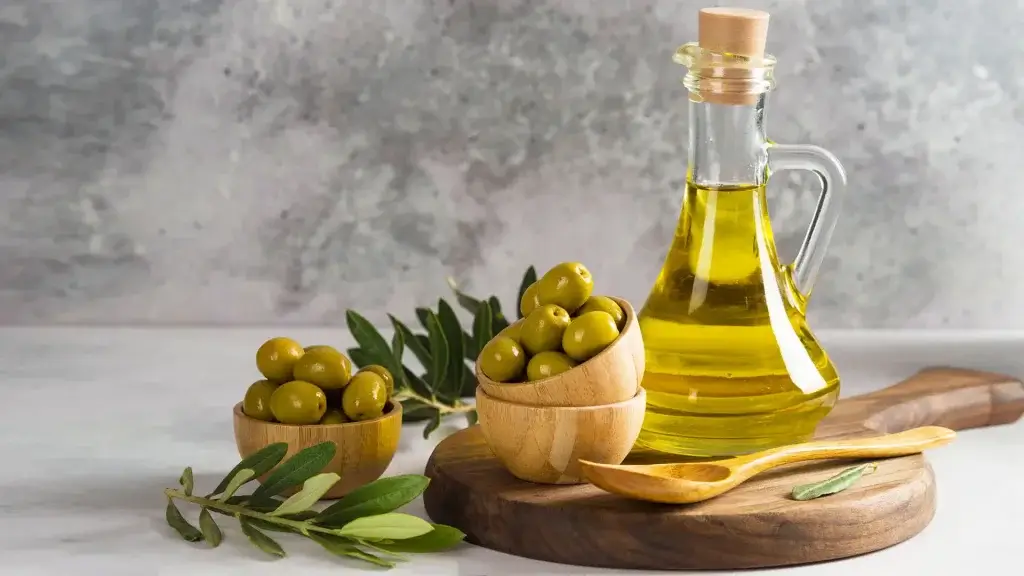Educational Program

Course Duration: 2 days
After the completion of the training course, the participants will have comprehensive knowledge of the categories of olive oil, the positive and negative properties of extra virgin olive oil, olive cultivation, production, oil extraction, international regulations, categories, quality criteria, the vocabulary of the organoleptic method, standardization, storage, packaging, preservation of extra virgin olive oil, labeling on the package, as well as the good practices that must be applied in the olive harvest, in the olive mills, in storage and standardization in order to produce high-quality extra virgin olive oil.
Methods of avoiding organoleptic defects, all Greek varieties, organoleptic evaluation methods, issues concerning consumers, taste harmonies of extra virgin olive oil and food and issues concerning olive mills and their participation in the quality of extra virgin olive oil will also be analyzed.
Finally, international competitions will be mentioned, how selection and preparation for participation in exhibitions are done, while a separate section is the creation of visitable tasting areas through videos and photos with good and bad practices, from around the world and through examples in order to help participants understand the theory.
The training methodology includes lectures, practice and teamwork.
In this context, the participants are asked to carry out group and individual exercises, role playing exercises, and evaluation tests that aim to develop their skills (time management, teamwork, cooperation).
In the end, a satisfaction questionnaire is distributed to the participants in order to evaluate the results of their training and the achievement of its objectives.
For the implementation of the training courses, renowned lecturers are selected, with extensive knowledge and experience in the field of Management Systems and, by extension, on the standards.
BQC, by recognizing modern trends in the field of Training, has created a wide network of experts and trainers around the world, which it uses to offer high-level knowledge and experience in the field of Education.
The training courses offered by BQC are certified by the Accredited Personnel Certification Body STAREGISTER, a member of the IPC, thus providing the possibility of issuing accredited certificates of international recognition according to the ISO/IEC 17024:2012 standard to those successfully participating in them.